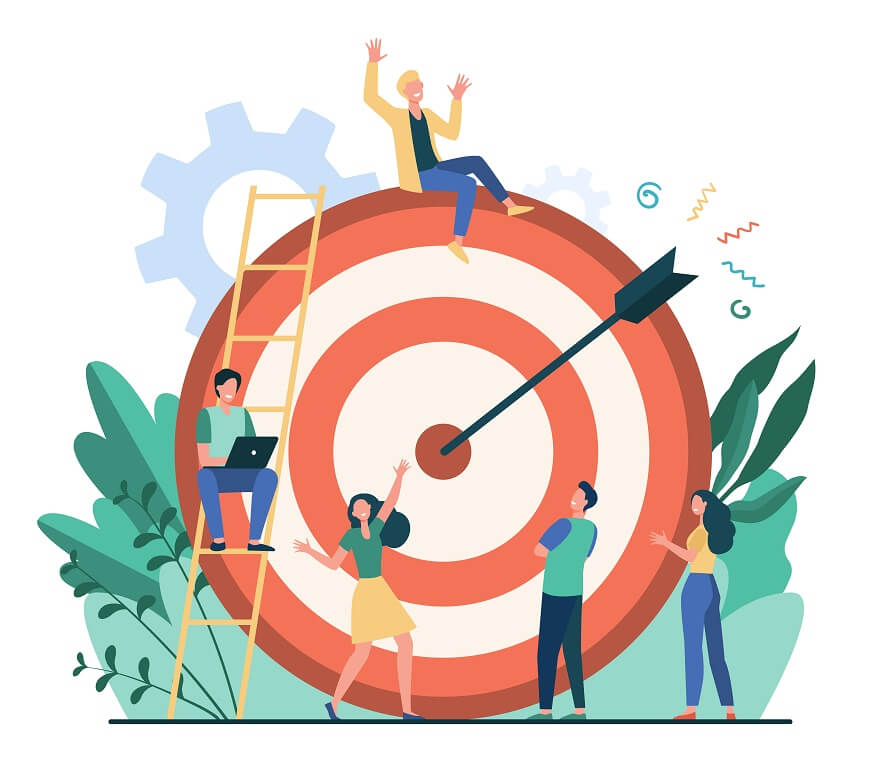I have covered all the topics in this blog that a beginner needs to learn to master web development. This content will be valuable for both beginners and intermediate learners.
1) Set Goals- Before starting web development you should define your goals what you want to be a Frontend developer or Backend developer or Full stack developer. Ensure you cover all topics without skipping any for a comprehensive understanding.
2) Web design- Start learning web designing using Html and Css. It would take around 2-3 months to learn web design. Make some projects. Try to learn Css frameworks like:- Material UI, Tailwind css. After completing css frameworks use different types of UI designing app like Figma or Adobe Xd this going to make your work more easier.
3)Javascript- To make your website functional, start by learning JavaScript. In today's world, almost every company searches for the best JS developer. Begin with fundamentals like 'if-else' statements, variables, and functions. Then, move on to advanced concepts such as arrow functions, promises, and async/await. Once you've completed this, start solving problems.
4) Javascript Frontend libraries- Once you have completed learning JavaScript, start exploring frontend libraries. I recommend focusing on Angular and React, as they are widely used. It may take approximately 6 months to build solid skills. After completing this phase, work on building complex frontend websites.
5) Javascript Backend libraries- After completing the frontend, progress to learning backend development. Handling the backend is a significant challenge for developers in today's websites. I recommend focusing on the following JavaScript libraries: Node.js, Flask, and Express, as they are widely used. Learning backend development may take approximately 4-5 months. This path is recommended for those aspiring to become full-stack developers or backend developers.
6) Database- To store information of users those who are visiting your website you should use databases. Learning about database is quite easy. It would take around 1 month. Begin with the basics of databases, including concepts such as tables, rows, columns, and relationships. Learn about different types of databases, with a focus on both relational (SQL) and non-relational (NoSQL) databases. Select a specific database system to start your learning journey. Popular choices include MySQL, PostgreSQL, SQLite (relational databases), and MongoDB (NoSQL). Apply theoretical knowledge through hands-on practice. Create sample databases, design tables, and execute queries to reinforce your understanding.
7) Problem solving and projects- Once you complete all this topics start doing problem solving and building projects.






Comments
Post a Comment